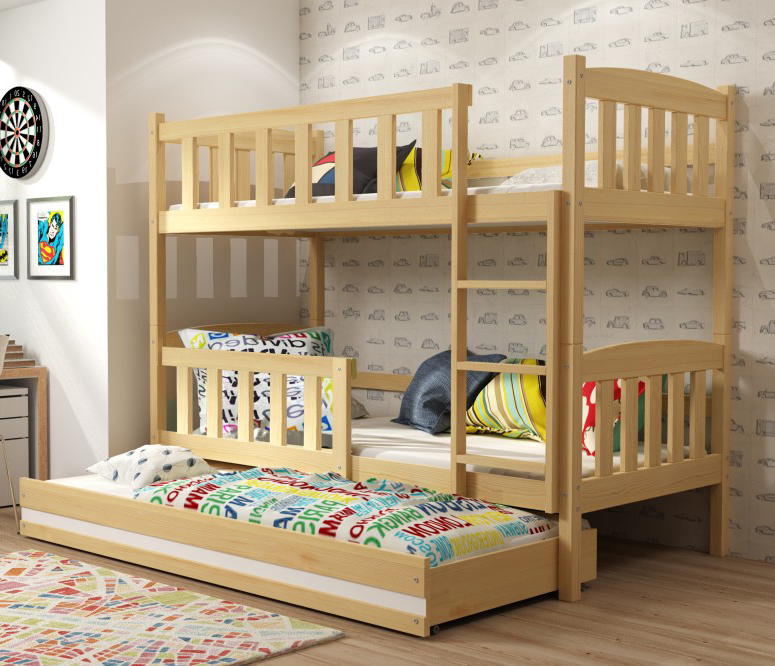
Early Jazz
- Подробности
- Категория: Jazz
Early Jazz (1910s-1920s)
FERDINAND "JELLY ROLL" MORTON (1890-1941) Having worked alternately as a gambler, pool shark, pimp, vaudeville comedian, and a pianist, "Jelly Roll" Morton (born Ferdinand Joseph LaMenthe) is perhaps the most colorful figure in the history of early jazz. Born into sophisticated Creole culture, Morton received classical piano training as a child, but he launched his career in the whorehouses and bordellos of New Orleans. Travelling through the South and the Midwest, Morton worked as an arranger and pianist for jazz bands in Chicago, St. Louis, and Los Angeles. Along with his solo work, Morton made a number of recordings with the Chicago Red Hot Peppers in the late 1920s. Morton's style was distinctive in its blend of jazz and ragtime. As Swing came to dominate the jazz scene in the 1930s, however, Morton was eclipsed by popular artists like Louis Armstrong. He moved to Washinton, D.C., where he worked in small clubs until his death in 1941.
Not all jazz performed in the beginning of the 20th century can be described as New Orleans or Dixieland Jazz. Beginning in the late teens, a rich jazz influence of dance bands and soloists helped in the development and growth of improvisational music. The stride pianist, the early jazz vocalists and the horn soloist of this period have been hard pressed to be categorized. Often these performed have been placed in categories called "Classic Jazz" or "Traditional Jazz" but no matter the term, the sound became a foundation for the Kansas City, Chicago and Swing styles to follow. Among the artists that had a major impact on Early Jazz were Clarance Williams, Bessie Smith and Bix Beiderbecke.
Early Jazz is as much a definition of the time (early teens to mid 1920s) as it is a definition of the sound and style of the music.
JOE "KING" OLIVER (1885-1938) Raised in the musically-vibrant New Orleans, Oliver first learned to play trombone, then switched to the coronet--an instrument he famously used to produce a wide range of "hot jazz" sounds. After working with a number of marching bands in New Orleans, Oliver, dubbed "King" by fellow bandleader Kid Ory, moved to Chicago in 1919 to play with Bill Johnson's Original Creole Orchestra. By 1922, he had established King Oliver's Creole Jazz Band and invited his protege Louis Armstrong to join him from New Orleans. As jazz historians would later note, Oliver's band marked a milestone in jazz music, for, in short, the group introduced Amstrong's playing to the world.
The Creole Jazz Band eventually disbanded in 1924, and Oliver went on to make recordings with Jelly Roll Morton and the Dixie Syncopators. While Armstrong continued to rise in fame, however, Oliver quickly lost his position in the jazz world. He died in 1938 as a poolroom janitor.
Main menu
Anthology
Sheet Music Archive
 lesson 1lesson 2lesson 3
lesson 1lesson 2lesson 3

